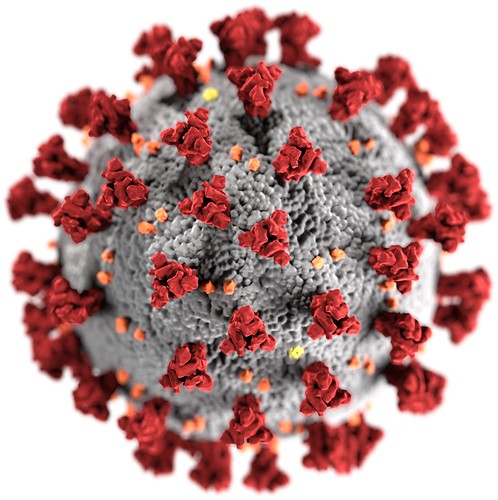
All the world’s a stage, and all the men and women merely players; They have their exits and their entrances. And one teacher in their time plays many parts.
As students watch academic actors enter and exit their lecture theatres on University campuses around the world, what role can drama play in their teaching and learning? How can theatre and storytelling facilitate students understanding of whatever is they are supposed to be learning?
Are we walking shadows and poor players that strut and fret our hour upon the stage, and then are heard no more? Do we tell tales like an idiot, full of sound and fury but signifying nothing? In short, how much should teachers embrace theatricality, both amateur and professional, on their respective stages? Can drama and storytelling actually improve students learning and if so, how? 🎭
Join us on Monday 6th November at 2pm UTC for our monthly ACM SIGCSE journal club meetup on zoom to discuss a paper on this topic by David Malan. [1] From the abstract
In Fall 2020, Harvard University transitioned entirely from on-campus instruction to Zoom online. But a silver lining of that time was unprecedented availability of space on campus, including the university’s own repertory theater. In healthier times, that theater would be brimming with talented artisans and weekly performances, without any computer science in sight. But with that theater’s artisans otherwise idled during COVID-19, our introductory course, CS50, had an unusual opportunity to collaborate with the same. Albeit subject to rigorous protocols, including face masks and face shields for all but the course’s instructor, along with significant social distancing, that moment in time allowed us an opportunity to experiment with lights, cameras, and action on an actual stage, bringing computer science to life in ways not traditionally possible in the course’s own classroom. Equipped with an actual prop shop in back, the team of artisans was able to actualize ideas that might otherwise only exist in slides and code. And students’ experience proved the better for it, with a supermajority of students attesting at term’s end to the efficacy of almost all of the semester’s demonstrations. We present in this work the design and implementation of the course’s theatricality along with the motivation therefor and results thereof. And we discuss how we have adapted, and others can adapt, these same moments more modestly in healthier times to more traditional classrooms, large and small.
This paper was presented at the SIGCSE 2023 Technical Symposium in Toronto, a video presentation of the paper is also available below. All welcome, as usual, we’ll be meeting on zoom, details at sigcse.cs.manchester.ac.uk/join-us
References
- Malan, David J. (2023). Computer Science with Theatricality: Creating Memorable Moments in CS50 with the American Repertory Theater during COVID-19. SIGCSE 2023: Proceedings of the 54th ACM Technical Symposium on Computer Science Education, New York, NY, USA. DOI:10.1145/3545945.3569859 non-paywalled version at cs.harvard.edu/malan/publications/V1fp479-malan.pdf


